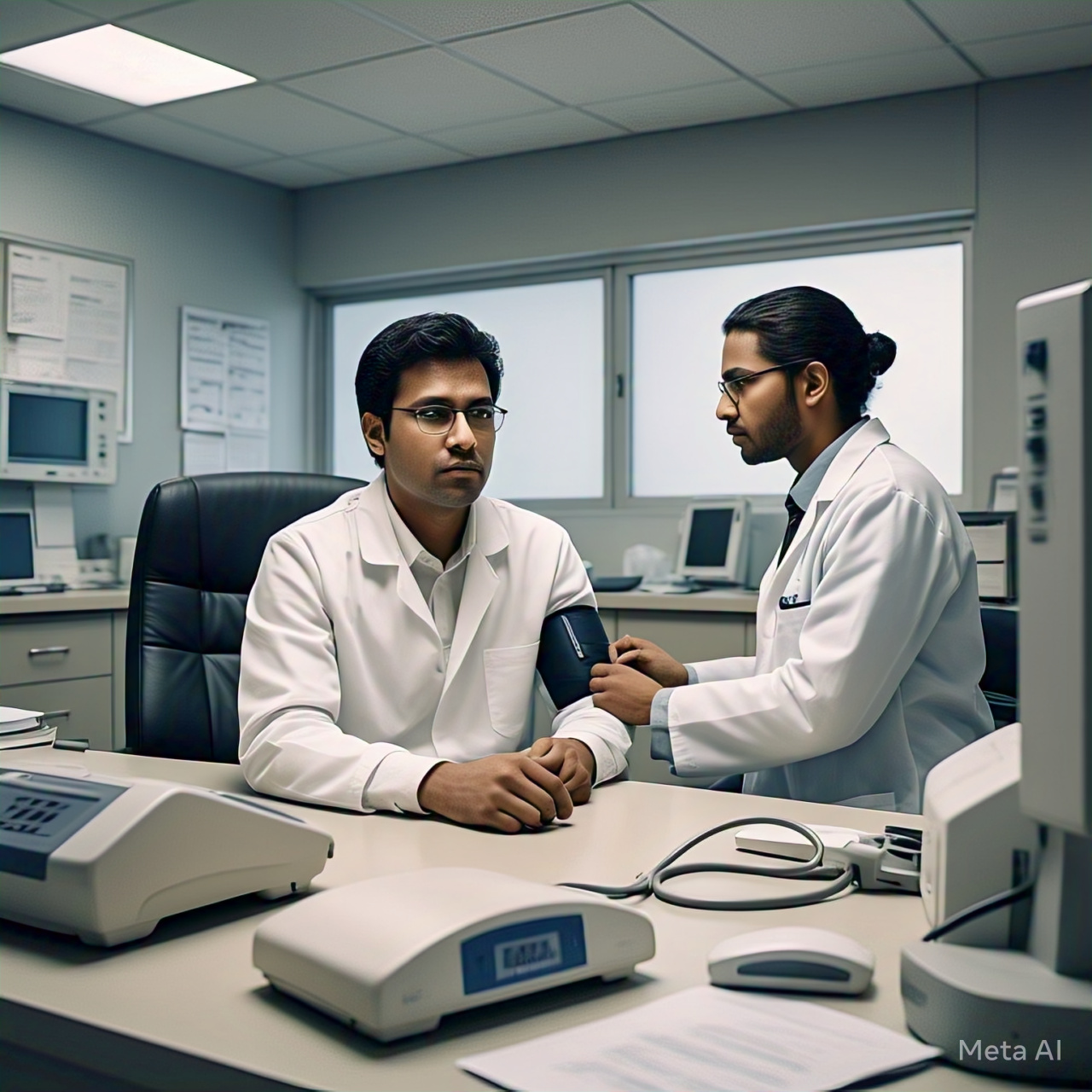When purchasing a term insurance policy, insurers often require applicants to undergo medical tests. These tests help assess your health status and determine the premium and coverage. Understanding the purpose and types of medical tests can make the process for term insurance plans smoother and more transparent.
Why Are Medical Tests Necessary?
Medical tests are essential for insurers to:
- Evaluate your overall health condition.
- Identify pre-existing illnesses or risk factors.
- Calculate the appropriate premium for your policy.
For example, individuals with lifestyle diseases like diabetes may have higher premiums due to increased risk. These evaluations ensure fair pricing for the policyholder and the insurer.
Common Medical Tests for Term Insurance
Here are some standard medical tests you might need to undergo:
- Blood Tests: To check for cholesterol levels, diabetes, and other conditions like anaemia or infections.
- Urine Tests: To detect kidney function, sugar levels, or the presence of nicotine for smokers.
- ECG (Electrocardiogram): To evaluate heart health and detect conditions like arrhythmia or underlying cardiac issues.
- Chest X-Ray: Often conducted to assess lung health and detect any abnormalities, especially for smokers.
- BMI and Physical Examination: Your body mass index and overall physical health are assessed to identify potential health risks.
- Liver and Kidney Function Tests: These determine the health of vital organs and are especially important for applicants with a history of alcohol consumption.
Additional tests, such as stress tests or advanced imaging, may be requested based on your age, lifestyle, and declared medical history.
Who Needs to Undergo Medical Tests?
Not everyone is required to take medical tests for term insurance plans. The necessity depends on factors such as:
- Age: Older applicants often undergo more detailed tests.
- Sum Assured: Higher coverage amounts, such as a 1.5 crore term insurance policy, typically require more comprehensive health checks.
- Lifestyle Habits: Smokers, heavy drinkers, or individuals with high-stress jobs may be subject to more rigorous testing.
How to Prepare for Medical Tests
Follow these tips to ensure accurate results:
- Fasting: For blood sugar and cholesterol tests, fasting for 8–12 hours may be required.
- Avoid Caffeine and Alcohol: Refrain from consuming these stimulants 24 hours before the test.
- Medication Disclosure: Inform the medical examiner about any ongoing medication.
- Adequate Rest: Avoid strenuous activities before the test to ensure normal readings.
How Medical Tests Impact Your Policy
The results of these medical tests play a crucial role in determining:
- Premium Rates: Good health often translates to lower premiums.
- Policy Acceptance: Severe health conditions may lead to higher premiums or rejection of the application.
- Riders Eligibility: Riders like critical illness or accidental disability might require additional health assessments.
Using a term insurance calculator before applying can give you a rough estimate of premiums based on your current health status and coverage amount.
Exemptions and No-Medical-Test Policies
Some insurers offer policies that do not require medical tests, especially for lower coverage amounts or younger applicants. However, these policies often come with higher premiums or limited coverage.
Medical tests are a vital part of securing a term insurance plan, ensuring that you receive fair pricing and adequate coverage. While the process may seem intimidating, understanding the common tests and preparing for them can simplify the experience. For larger coverages like a 1.5 crore term insurance policy, these evaluations ensure that your family remains financially secure.







